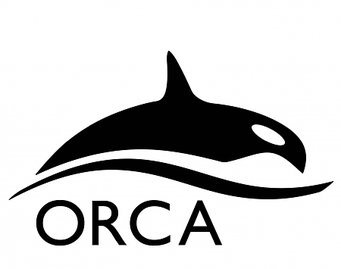ORCA

The program ORCA is a modern electronic structure program package written by Prof. F. Neese, with contributions from Ute Becker, Dmytro Bykov, Dmitry Ganyushin, Andreas Hansen, Robert Izsak, Dimitrios G. Liakos, Christian Kollmar, Simone Kossmann, Dimitrios A. Pantazis, Taras Petrenko, Christoph Reimann, Christoph Riplinger, Michael Roemelt, Barbara Sandhöfer, Igor Schapiro, Kantharuban Sivalingam, Frank Wennmohs, Boris Wezisla and contributions from our collaborators: Mihály Kállay, Stefan Grimme, Edward Valeev. The binaries of ORCA are available free of charge for academic users for a variety of platforms.
ORCA is a flexible, efficient and easy-to-use general purpose tool for quantum chemistry with specific emphasis on spectroscopic properties of open-shell molecules. It features a wide variety of standard quantum chemical methods ranging from semiempirical methods to DFT to single- and multireference correlated ab initio methods. It can also treat environmental and relativistic effects.
Due to the user-friendly style, ORCA is considered to be a helpful tool not only for computational chemists, but also for chemists, physicists and biologists that are interested in developing the full information content of their experimental data with help of calculations.
For a complete list of ORCA's capabilities, see our current reference manual.
The List of new ORCA features you will find here.
Introduction:
Welcome to ORCA 6.0
Frank Wennmohs, „Introduction to ORCA program system“
News:
Links:
ORCA-Forum
ORCA Referenz Manual
For more information commercial users are referred to:
www.faccts.de
ORCA is supported by the NOMAD repository
https://repository.nomad-coe.eu/
For questions regarding ORCA licensing, please contact:
orca.license@kofo.mpg.de







